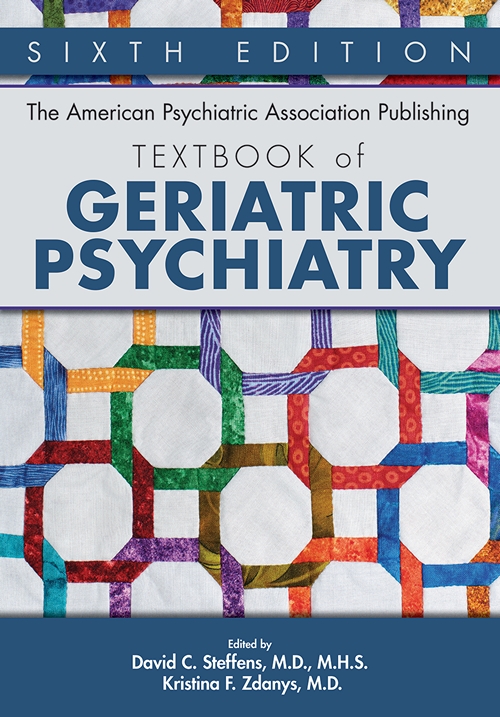Chapter 15.Bereavement
Sections
Excerpt
As the Baby Boomer population ages, increasing numbers of adults are confronting late-life bereavement. In this chapter, we examine the current research on bereavement in elderly persons and explore the following salient areas: the demographics of bereavement, theoretical and empirical perspectives on adjustment to the loss of a loved one, and therapeutic considerations in the diagnosis and treatment of complicated grief.
Access content
To read the fulltext, please use one of the options below to sign in or purchase access.- Personal login
- Institutional Login
- Sign in via OpenAthens
- Register for access
-
Please login/register if you wish to pair your device and check access availability.
Not a subscriber?
PsychiatryOnline subscription options offer access to the DSM-5 library, books, journals, CME, and patient resources. This all-in-one virtual library provides psychiatrists and mental health professionals with key resources for diagnosis, treatment, research, and professional development.
Need more help? PsychiatryOnline Customer Service may be reached by emailing [email protected] or by calling 800-368-5777 (in the U.S.) or 703-907-7322 (outside the U.S.).



